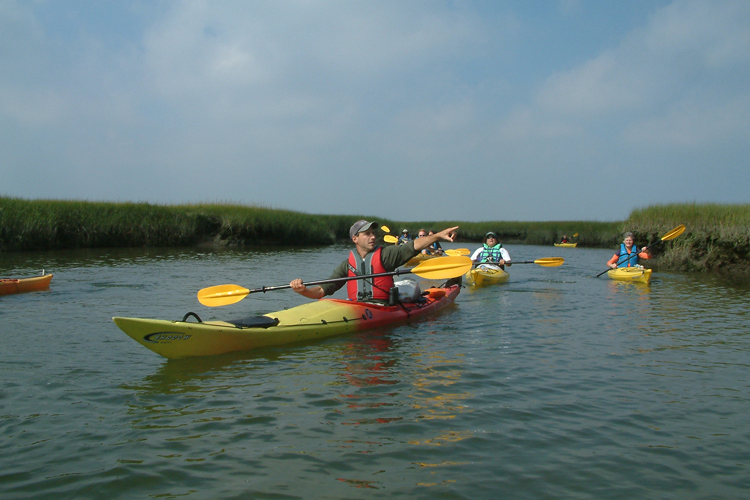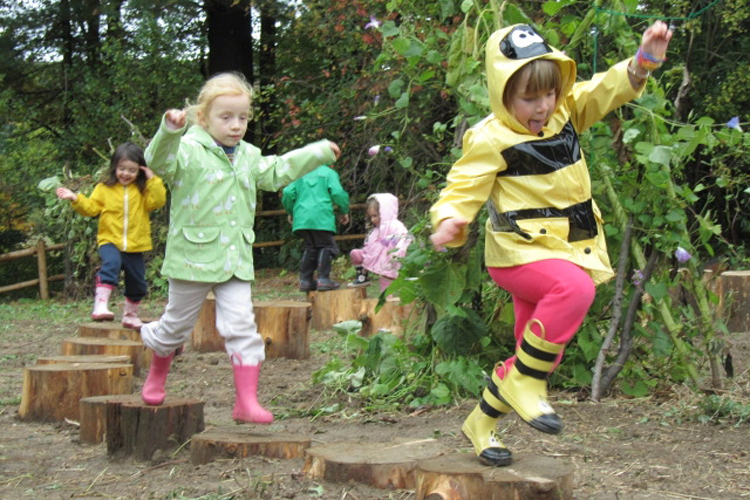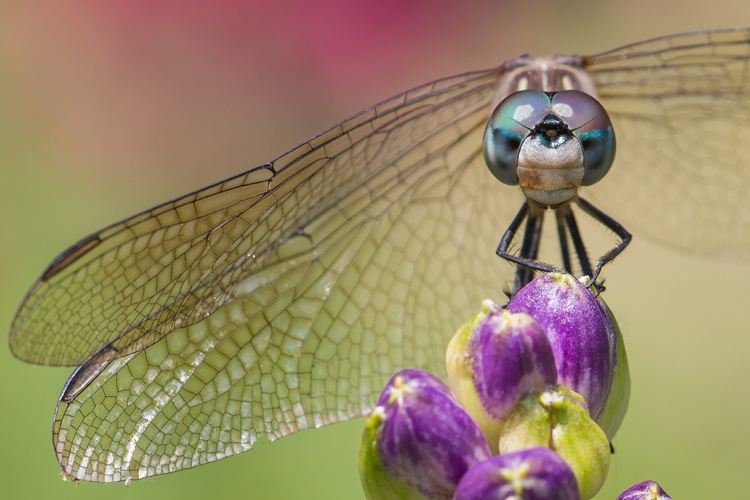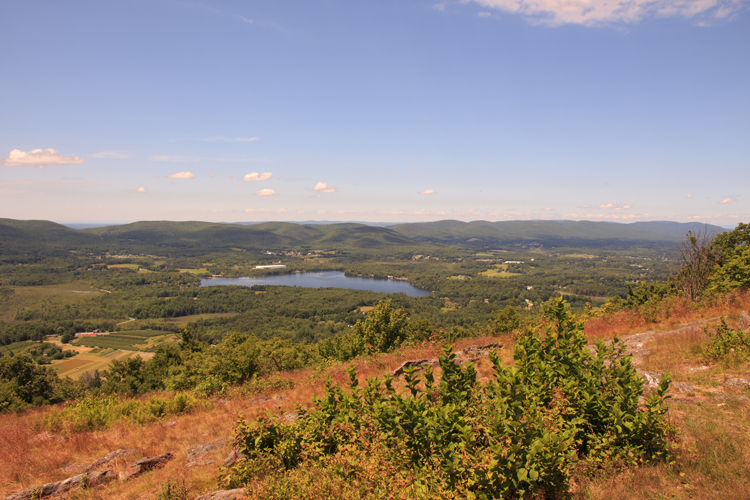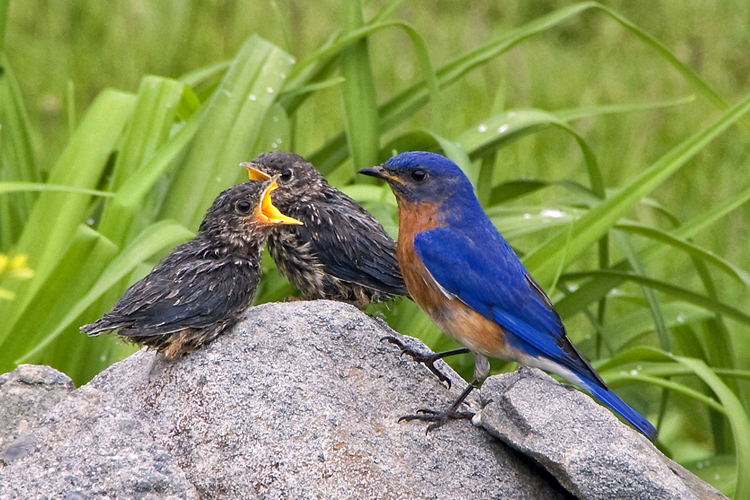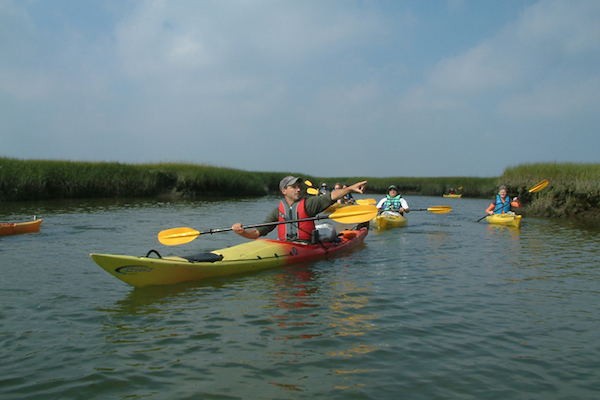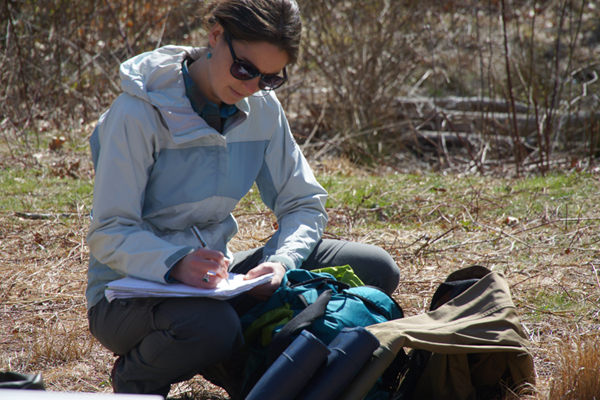Mass Audubon is launching a new, first-of-its-kind program in Massachusetts that will give you the skills and confidence to become a Field Naturalist!
During the 11-week Field Naturalist Certificate (FNC) Program, gain in-depth knowledge of organismal groups and how they are connected while taking part in field research, monitoring, and communication training. Mass Audubon Certified Field Naturalists will make a difference in their community through volunteer service projects that support our local natural resources.
Upon successful completion of the classes, fieldwork, and volunteering component, you will receive certification, signifying your expertise as a Field Naturalist.
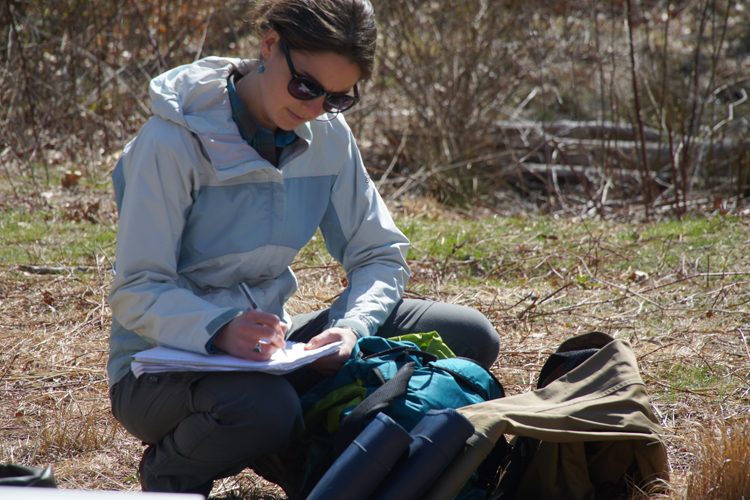
Who Should Attend
This college-level course is geared to anyone looking to gain deeper knowledge of the natural world in a professional setting. Ideal for those who want to take a more active role in habitat management, educational programming, advocacy, and citizen science as a volunteer or for those that are beginning a career in the environmental field.
Course Dates
The certification program runs from August 29 to November 17, 2018, meeting Wednesday evenings (6:30-9:00 pm) at Broad Meadow Brook in Worcester and every other Saturday (9:00 am-4:00 pm) at locations around Central Massachusetts.
| Wednesday, August 29, 6:30 pm – 9:00 pm |
Wednesday, October 10, 6:30 pm – 9:00 pm |
| Wednesday, September 5, 6:30 pm – 9:00 pm |
Wednesday, October 17, 6:30 pm – 9:00 pm |
| Saturday, September 8, 9:00 am – 4:00 pm |
Saturday, October 20, 9:00 am – 4:00 pm |
| Wednesday, September 12, 6:30 pm – 9:00 pm |
Wednesday, October 24, 6:30 pm – 9:00 pm |
| Wednesday, September 19, 6:30 pm – 9:00 pm |
Wednesday, November 7, 6:30 pm – 9:00 pm |
| Saturday, September 22, 9:00 am – 4:00 pm |
Saturday, November 10, 9:00 am – 4:00 pm |
| Wednesday, September 26, 6:30 pm – 9:00 pm |
Wednesday, November 14, 6:30 pm – 9:00 pm |
| Wednesday, October 3, 6:30 pm – 9:00 pm |
Saturday, November 17 9:00 am – 4:00 pm |
| Saturday, October 6, 9:00 am – 4:00 pm |
|
|
|
In addition to the course meetings, all participants are required to complete 40 hours of independent environmental stewardship/volunteer work.
Course Modules
Through lectures and hands-on field work participants will gain a comprehensive, integrated understanding of:
| General ecology |
Mammals |
| Trees (dendrology) |
Fungi (mycology) |
| Plants (botany) |
Aquatic biology |
| Birds (ornithology) |
Climate and weather |
| Insects (entomology) |
Environmental interpretation |
| Amphibians and reptiles (herpetology) |
|
|
|
Course Goals
- Understand and be able to articulate the importance of sound ecological management principles, climate change resilience, and land protection
- Sharpen your ability to advocate for the environment
- Develop a sound base of knowledge of Central Massachusetts’ ecology and natural history
- Learn field research techniques and methodologies
- Gain the tools to continue learning about the environment on your own
Cost
$1,100 members and $1,300 nonmembers
Learn More & Register
For more information, email Martha Gach or reserve your space by registering online.
